From the Beijing 2022 Winter Olympics to controversy over BTS’s military service, being given military exemption has become one of the most debated issues in Korea these days. As military service is a common worry for most Korean men in their 20s, the issue of military exemption has always been controversial. Therefore, the Sungkyun Times (SKT) would like to analyze the background of the military exemption system, the related problems, and how to step forward from now on.
How Military Exemption System Arose
What Is Military Exemption?
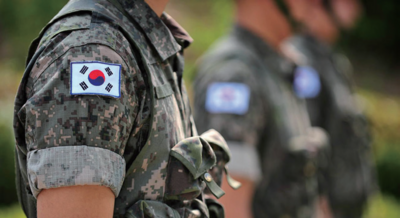
Military exemption is a system that puts qualified people to substitute compulsory military service with alternative services on the grounds of reinforcing the national defense power. The military exemption system was first stated in the Enforcement Decree of the Special Case Regulation Act in 1973. According to the act, the military exemption system was divided into four types: students of Korea Advanced Institute of Science (KAIS), engineers working in munitions and laboratories, workers for key industrial enterprises, and specialists in art and sports. However, the act was soon revised in 1987, and exemption was limited to active-duty soldiers such as prison officers and Special Reservist Status such as public health doctors. Later in 1993, the term “military exemption” disappeared as the act was merged into the Military Service Act. Although the term is no longer written in the law, the concept of military exemption is still widely used in Korean society.
How Military Exemption Institution Is Constituted
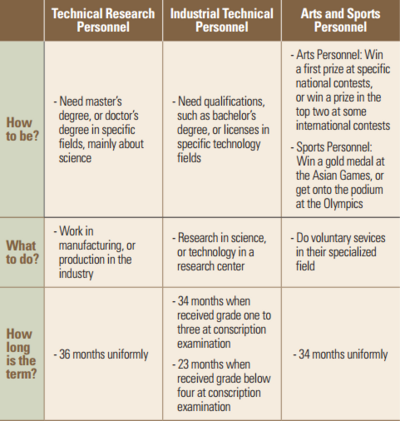
Nowadays, people who may apply for exemption from military service classified into three areas: Technical Research Personnel, Industrial Technical Personnel, and Arts and Sports Personnel. To qualify under the category of Technical Research Personnel requires degree qualifications, and those who fall into this category need to serve for 36 months at industries regardless of their conscription examination result. The category of Industrial Technical Personnel refers to employees working for companies designated by the Military Manpower Administration. They also need qualifications, such as a bachelor’s degree or licenses in technology fields, but their period of alternative service differs by the grade of conscription examination. The category of Arts and Sports Personnel refer to entertainers who have enhanced national prestige or promoted Korean culture by winning a prize in a particular competition. They need to do voluntary service in their specialized field for 34 months. Besides these three, there are also other systems that can replace the military service, such as Public Health Doctors and Public-Service Advocates. Currently, about 2,500 Technical Research Personnel, 5,000 Industrial Technical Personnel, and 45 Arts and Sports Personnel have been added annually.
Doubtful Points about Military Exemption
Is Military Exemption Really Essential?
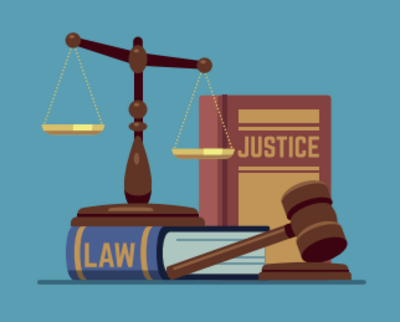
Meanwhile, the necessity of the military exemption system is being questioned. In the case of Technical Research Personnel and Industrial Technical Personnel, there is a doubt whether the personnel has the same value as soldiers in actual service. Some criticize that it is inefficient to select about 10,000 personnel annually despite the lack of 20,000 to 30,000 soldiers every year. In addition, there are opinions that enhancing national prestige cannot be a reason for exemption. Although South Korea is now a developed country, the government keeps military exemption inflexible, which was designed a long time ago when Korea was a developing country. Park Chan-hoo (Freshman, Department of Engineering) expressed discontent about the system, saying, “From a perspective of an ordinary person, I cannot understand how much these personnel contribute to us. This may be a government problem, which ignores the inefficiency of the system to the nation in a long-term view.” Arts and Sports Personnel is also criticized since the purpose of participating in competitions is deteriorated as a means to get a military exemption. For instance, in short track speed skating’s selection match for the 2022 Winter Olympics, particular athletes colluded only to pick an Olympic member in their preferences. Given these facts, opposition to the military exemption is getting worse.
Is Military Exemption Fair for Everyone?
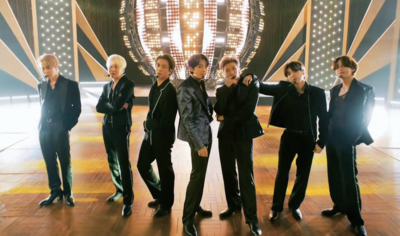
Questions about whether military exemption is fair and acceptable to everyone also exist. First, objectivity is not preserved well while selecting military exemption personnel. In 2020, Bang Han-il, a member of Chungnam parliament, raised the problem that applicants who did not major in agriculture got disadvantaged in becoming Industrial Technical Personnel of agriculture even though the benefit for the specialist was not notified beforehand. Furthermore, there is another problem in which the criteria for selecting personnel are vague. In the case of Arts and Sports Personnel, there are only a few competitions that can be recognized for the military exemption. However, since other competitions do not mean that they are worthless, unfair problems arise among the winners of different competitions. In addition, there is criticism over the concept of enhancing national prestige, indicating unjust military exemption’s selective assigning. For instance, in 2002 and 2006, when the Korean team had made it to the semifinals in the FIFA World Cup and World Baseball Classics, the government offered a military exemption to all athletes for enhanced national prestige by applying a special law. In other words, the exemption had been provided not by the clear criteria but by the “special” public opinion. In this respect, it can be described that the controversy over BTS’s military service also stems from vague criteria for judging the achievement of artists.
Future Direction of Military Exemption
Improving Negative Perceptions of Military Exemption
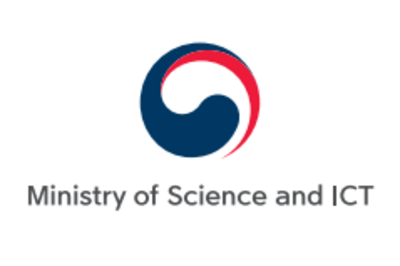
To improve public opinions, the government should take the initiative to solve people’s questions. In the case of Industrial Technical Personnel and Technical Research Personnel, the fact that their roles are essential to national power should be emphasized. According to No Min-sun, a researcher at the Korea Small Business Institute, a small enterprise using Industrial Technical Personnel could increase sales by 7.1 billion. In addition, considering that the amount of small enterprises having Ph.D. human resources is only 12%, Technical Research Personnel is also essential to cover hard work. Kim Jae-nam, an administrative official of the Ministry of Science and ICT, said, “Technical Research Personnel plays an important role in nurturing students into high-quality human resources. By enacting strict regulations to prevent corruption, the negative perceptions around the system could be lessened.” Arts and Sports Personnel is also necessary since the enhancement of soft power brought by them helps overcome the lack of land and resources. Moreover, the criticism that the purpose of the competition is deteriorating is quite exaggerated because there are only 45 people who can get exemptions. To resolve the public’s doubt about the necessity of the military exemption, the government should endeavor to change the awareness.
Ensure Fairness of Military Exemption
Since the benefit of military exemption is very high compared to the public, clear criteria must be needed to convince the necessity of the system. As it is unfair that a permanent benefit of military exemption is granted just by winning one certain competition, an accumulation score system of entertainers to verify their ability steadily can be a part of the solution for Arts and Sports Personnel. The other two personnel should also be selected according to their achievement, and the government must be consistent with those standards. Furthermore, it is necessary to make the alternative service level similar to that of ordinary soldiers to ensure fairness of the system. According to Lee Hye-jung, a doctor of law at Korea University, the reason why secondments such as conscripted policemen are not being criticized is that their level of restriction is almost the same as the actual soldiers. Therefore, both reinforcing the restriction to military exemption personnel and improving ordinary soldiers’ environments could be a way to make the military exemption become a more acceptable system to the majority and fundamentally make a fairer society.
The issue of military exemption is still in the midst of controversies. However, if its negative perception is improved and its fairness is fully ensured, the controversies can be settled down in the Korean society. Then, competent people would be able to successfully serve the nation in ways they utilize their abilities properly. Hope Kingos patiently wait for the settlement of the debate about military exemption and its proper operation.
